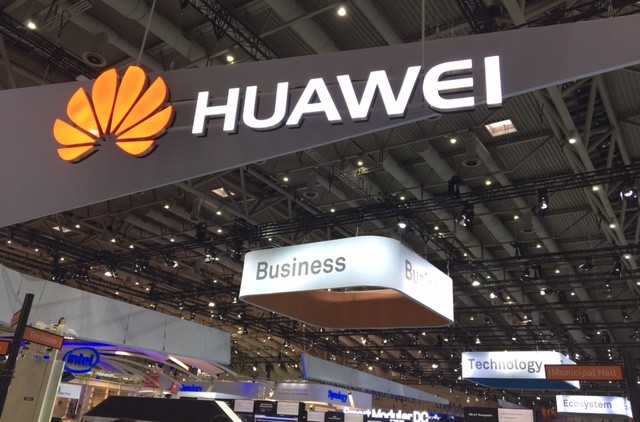The European Union is expected this week to put forward proposals for more data-sharing around security issues involving Chinese tech firms such as Huawei, while disregarding US calls for Chinese companies to be banned from supplying gear for 5G networks.
The plan, which comes ahead of an EU-China summit on 9 April, is part of the EU’s response to pressure for a more coordinated approach to the increasing strategic challenges of using Chinese technology, which the US has called a national security risk.
Andrus Ansip, Europe’s digital chief, is to present the recommendations on Tuesday, according to reports citing unnamed sources, and while it has no immediate legal force, the guidance could form the basis for legislation in EU member states.
The European Commission is to call for member states to carry out risk assessments on their planned 5G networks and how problems could be mitigated, according to unnamed diplomats cited in several reports.
 EU-wide approach
EU-wide approach
The results would then be pooled and used to form EU-wide security standards in time for European states’ 5G spectrum auctions this year.
The European Commission’s proposed approach would leave national security decisions to individual member states.
Ansip is to specifically recommend that EU member states use provisions of the EU directive on the security of network and information systems, known as the NIS directive, adopted in 2016, and the more recent Cybersecurity Act, Reuters reported.
Germany launched its first 5G auction last week, and said it would impose a tighter security regime on all telecoms equipment suppliers, while declining to single out Chinese firms.
By contrast, Australia and New Zealand have banned operators from using Huawei equipment as they build their next-generation networks.
Huawei and the Chinese government have repeatedly denied the company poses a security risk, with Huawei filing a lawsuit against the US government this month over a ban on the use of Huawei by government agencies.
‘European awakening’
In recent years the EU has provided China with more or less free access to its markets, but China’s dominance in certain critical areas of technology has more recently prompted the bloc to rethink its strategy.
China controls the majority of the supply of raw materials for high-tech products, and Shenzhen-based Huawei is the dominant maker of telecoms equipment, as well as being the world’s second-biggest smartphone manufacturer, after Samsung.
5G networks are seen as particularly sensitive in part due to their potential for widespread use in all areas of life, from factories to automobiles to household devices.
Last Thursday EU leaders held a first-of-its-kind discussion on China policy, which French president Emmanuel Macron described as part of a “European awakening” on China issues.
But the bloc’s approach is significantly less far-reaching than that of the US, which has virtually banned Huawei equipment and smartphones.
US secretary of state Mike Pompeo has told allies that “America may not be able to operate in certain environments if there is Huawei technology adjacent to that”.
Network operators are against an outright ban, with Vodafone and Three both warning that shutting out Huawei would delay the UK’s 5G deployment by months or years.





